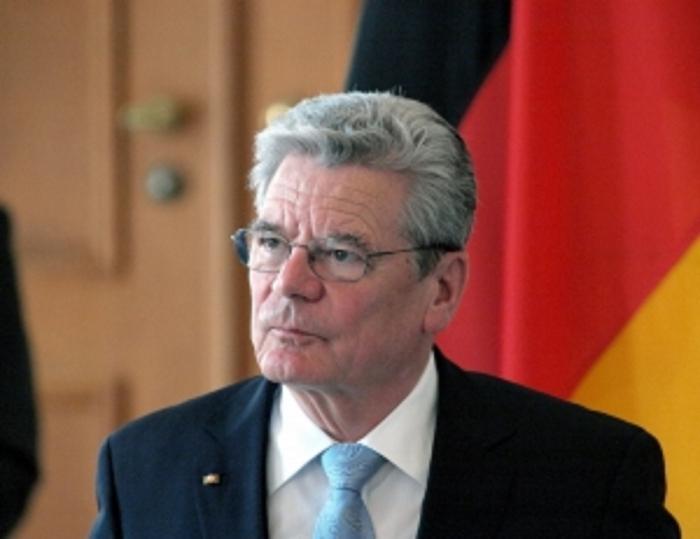For the election of the Federal President of Germany, a special constitutional body is convened - the Federal Assembly, consisting of deputies of the Bundestag and delegates elected by the land parliaments. The president is elected for a 5-year term, and his re-election is possible only once. The fundamental law of Germany defines the requirements for a presidential candidate. It can be every German citizen who has the right to vote, that is, the right to be elected to the Bundestag - the authorized body of the people's representation. The age of the candidate must exceed 40 years. The Federal President of Germany has two residences: one of them is the landmark of Bonn (Villa Hammerschmidt), the other is the Bellevue Palace in Berlin.
The history of the institution of the presidency in Germany dates back to the proclamation of the Weimar Republic (1919). The first president of Germany, the Social Democrat Friedrich Ebert, became the first leader of the state elected democratically.
The first president of the Federal Republic of Germany was Theodor Hoyce (served as federal president from September 1949 to September 1959). Since March 23, 2012, the
head of state in the Federal Republic of Germany has been Joachim Gauck, the fourteenth president of Germany and the eleventh federal president.
Joachim Gauck. Biographical information and political activities

In 1940, a boy named Joachim was born in the family of Wilhelm Gauck, the captain of a ship from Rostock, and later a naval officer. His parents from the 30s were members of the NSDAP. Joachim's political views were greatly influenced by the espionage charge, the subsequent arrest and imprisonment of his father (1951). In school years, the future president of Germany resolutely refused to become a member of the SNOS (Union of Free German Youth), a semblance of the Soviet Komsomol. He dreamed of becoming a journalist, however, young people in anti-communist positions did not have the opportunity to study journalism in the GDR. Then Gauck became a Protestant pastor. Prior to being elected president, he actively participated in the political life of Germany: he was a well-known human rights activist in the GDR, in the People’s Chamber of the GDR of the last convocation he represented the opposition Alliance 90, and in the last decade of the last century he held the post of archive manager of the Ministry of State Security.
Federal President of Germany: Core Functions and Powers
Head of State in Germany
- represents his country in the international arena;
- accredits (appoints) diplomatic representatives;
- uses the right to pardon prisoners.
The authority of the Reich President, which at one time became one of the reasons for the defeat of the Weimar Republic, influenced the fact that the German president does not currently have serious political powers, he only executes decisions made by other authorities. The president’s functions are limited to the signing and announcement of federal laws, as well as the nomination of the candidacy of the Federal Chancellor for parliament. The President has the right to approve and dismiss the Federal Chancellor. The powers of the federal president also include the right to appoint and dismiss federal ministers, judges, employees and officers.